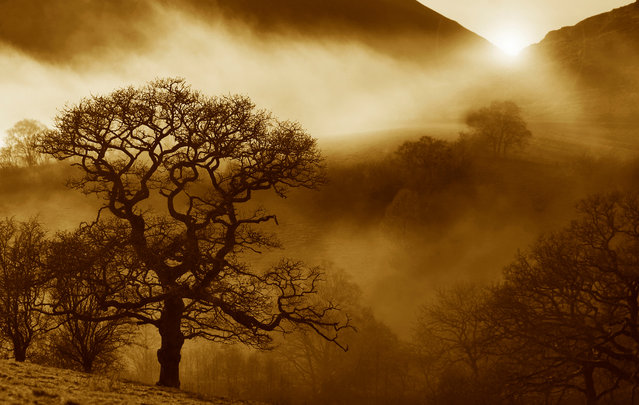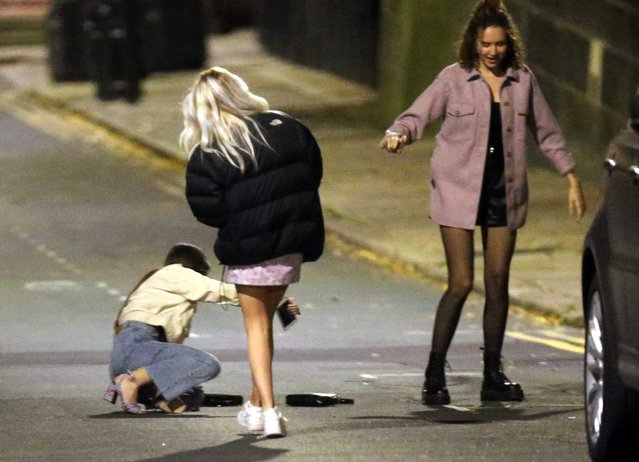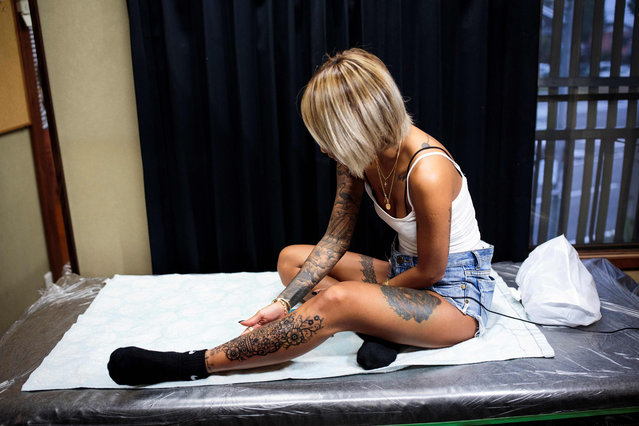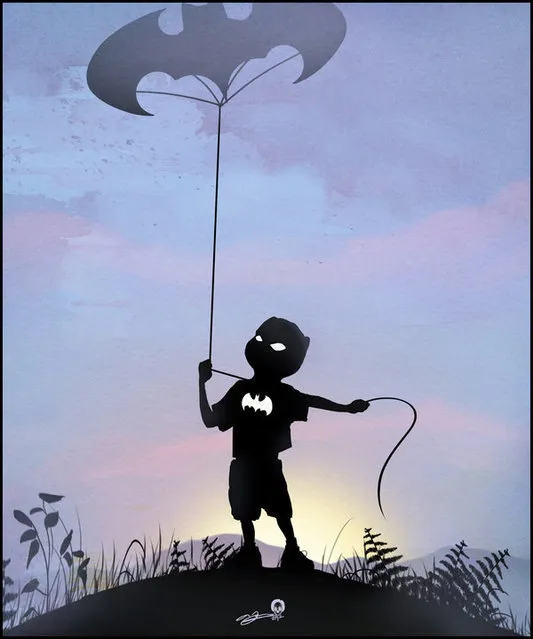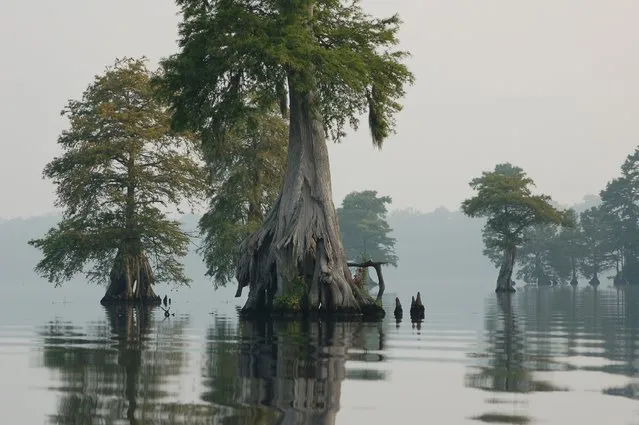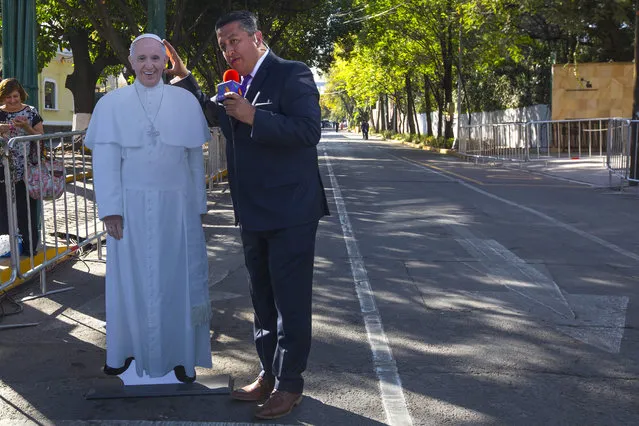
A TV journalist reports next to a life-size cutout of Pope Francis outside the Catholic Nunciature before the pontiff arrives in Mexico City, Friday, February 12, 2016. Pope Francis is arriving in Mexico on Friday for a week-long visit. (Photo by Christian Palma/AP Photo)
14 Feb 2016 12:09:00,post received
0 comments

